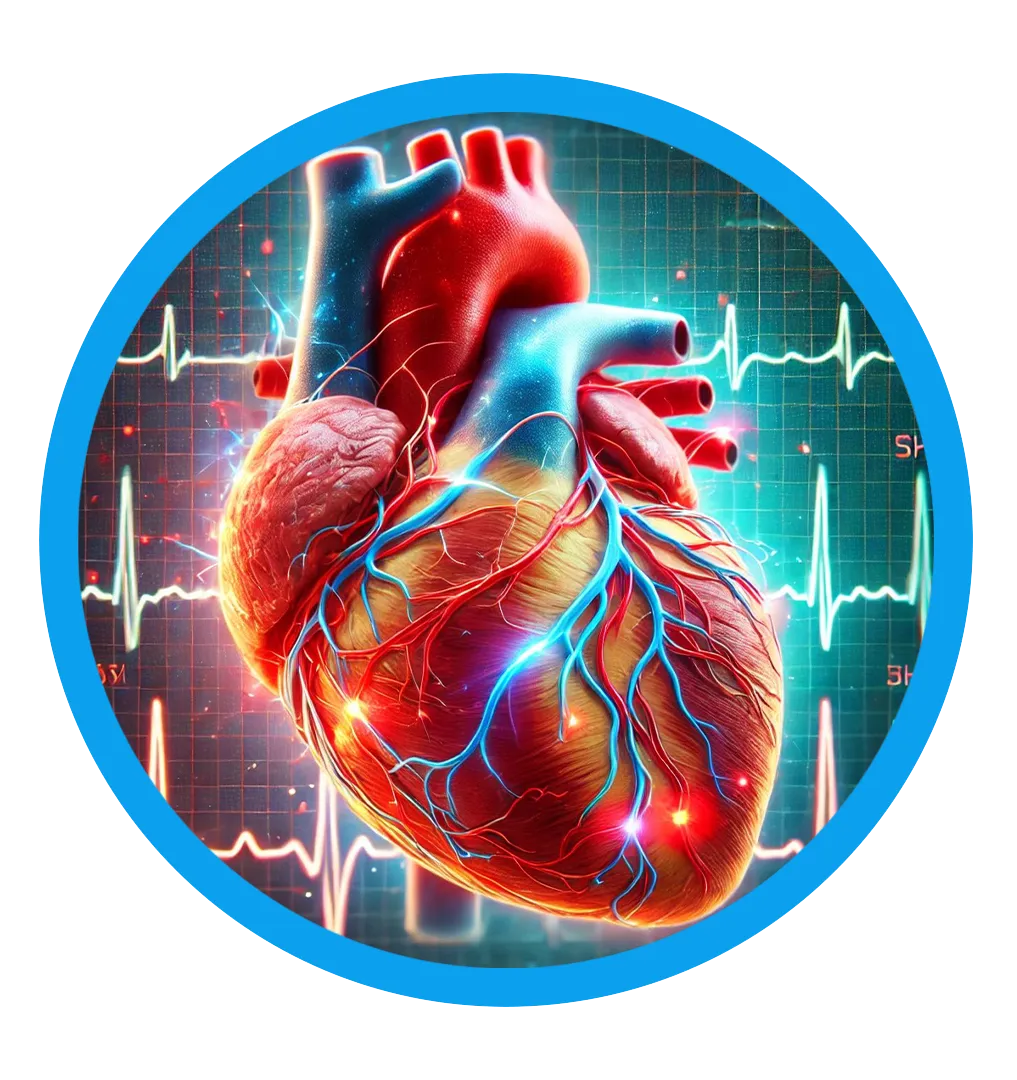Chronic Chest Pain for Women A Warning Symptom
Although no one likes to think about having a heart attack, would you know what to do if you were? Even if you know what to do, would you follow through? More important, would you act quickly?
According to the National Heart, Lung, and Blood Institute close to one million people in the United States have heart attacks each year, and about one fifth of them die. Half of the deaths occur in the first hour after heart attack symptoms start and before the person reaches a hospital. These numbers underscore the importance of recognizing heart attack symptoms quickly and responding to these symptoms just as quickly. Now a study in the European Heart Journal (Volume 27, page 1408) reports that for women, persistent chest pain may be a warning of future heart problems, even when a woman has no evidence of blockages in her coronary arteries.
The findings come from a study known as WISE, a government-funded project designed to evaluate chest pain in women – a task that is less straightforward than in men. The central issue is that women are much more likely than men to suffer long-term chest pain in the absence of any large artery blockages. But that does not mean their chest pain is innocuous.
Among women in the study with no signs of clogged arteries, those with persistent chest pain for at least a year were more than twice as likely to suffer a heart attack, stroke, or other cardiovascular complication over the next five years. The study included 673 women whose chest pain and other potential symptoms of coronary heart disease were evaluated by angiography (an x-ray examination of blood vessels that can detect blockages).
The take-home message: If you’re a woman, you should not simply live with chronic chest pain if angiography fails to detect artery blockages. Instead, you should ask your doctor about the ways you can reduce any heart risk factors you have. A healthy diet and regular physical activity are some of the most important ways.

